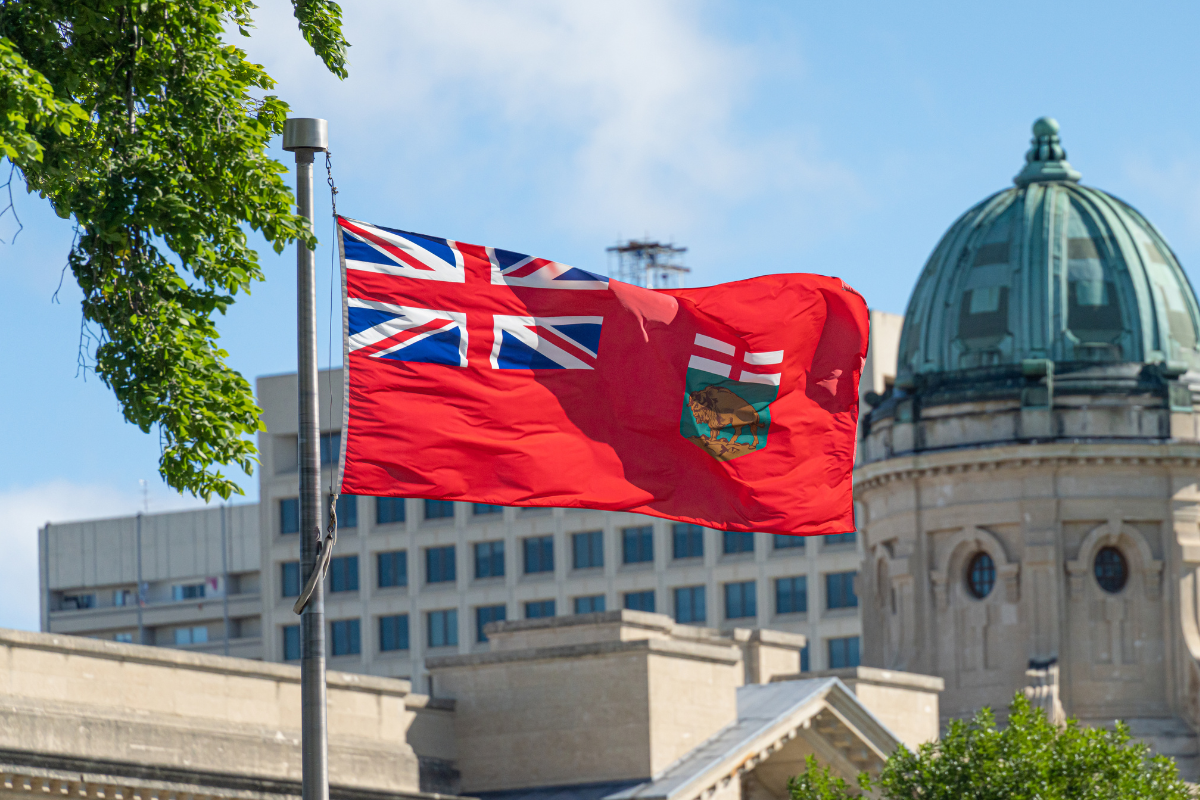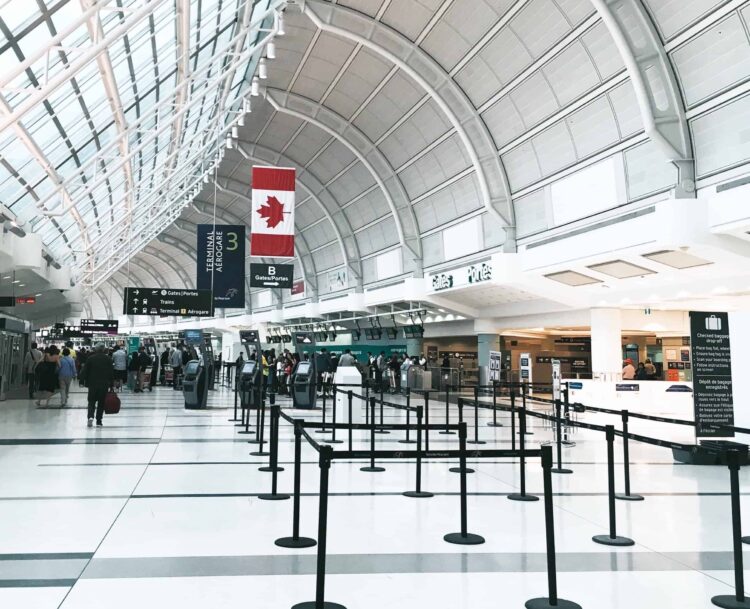Manitoba extends work permits by two years

The Manitoba government will extend work permits by two years for prospective candidates under the Manitoba Provincial Nominee Program (MPNP).
Labour and Immigration Minister, Malaya Marcelino, announced earlier this week that, starting April 22, MPNP candidates whose work permits expired in 2024 or will expire this year can apply for the extension under a temporary public policy with the support of their employers.
The policy will apply to those temporary foreign workers who:
- Had a valid MPNP Expression of Interest profile on January 15, 2025;
- Have a valid MPNP Expression of Interest at the time of applying under this program;
- Are currently employed in the province; and
- Intend to establish themselves as a permanent resident in Manitoba.
Those who meet the criteria can apply for a work permit support letter from the province after completing an online submission form, available as of April 22.
Manitoba employers who have employees on expiring or expired work permits should take note of this announcement, which may serve as an avenue to keep their employees in Canada. However, this announcement does not necessarily mean employees who qualify for this program will have a pathway for permanent residency. Rather, this is a way to extend employees’ work permits without having to go through other immigration processes such as the advertising and recruitment processes of the Labour Market Impact Assessment (LMIA) process.
Currently, the LMIA process takes more than 70 business days to complete and costs $1,000 in filing fees. The process that Manitoba has introduced can be initiated immediately on obtaining a work permit support letter and costs employers $230 in filing fees.
In order to qualify for this public policy, temporary foreign workers must either:
- Hold a valid work permit that will expire in 2025, or
- Have held a work permit valid on May 7, 2024, that has since expired as long as they have submitted an application for a new work permit under section 200 of the Immigration and Refugee Protection Regulations, or
- Have held a work permit valid on May 7, 2024, that has since expired and have submitted an application for an extension of the authorization to remain in Canada as a temporary resident under section 181 of the Immigration and Refugee Protection Regulations, or
- Have held a work permit valid on May 7, 2024, that has since expired and have submitted an application for restoration of temporary resident status under section 182 of the Immigration and Refugee Protection Regulations, or
- Were authorized to work pursuant to paragraph 186 (u) of the Immigration and Refugee Protection Regulations on May 7, 2024, and the work permit extension application remains pending or was approved, and have submitted an application for a new work permit under section 200 of the Immigration and Refugee Protection Regulations, or
- Were authorized to work pursuant to paragraph 186 (u) of the Immigration and Refugee Protection Regulations on May 7, 2024, and the work permit extension application remains pending or was approved, and have submitted an application for an extension of the authorization to remain in Canada as a temporary resident under section 181 of the Immigration and Refugee Protection Regulations.
Since 1998, the MPNP has invited skilled workers to Manitoba to fill labour gaps. Last September, Manitoba extended temporary work permits to retain skilled labour as well as pave a path toward citizenship for those workers. At the time, the provincial government identified 6,700 temporary workers eligible for that extension. While Ottawa has been reducing the number of foreign workers at a federal level, Manitoba welcomed a record 9,540 through the provincial nominee program in 2024.
Employers who require guidance through the application process or have questions about this MPNP announcement should contact the MLT Aikins immigration team.
Note: This article is of a general nature only and is not exhaustive of all possible legal rights or remedies. In addition, laws may change over time and should be interpreted only in the context of particular circumstances such that these materials are not intended to be relied upon or taken as legal advice or opinion. Readers should consult a legal professional for specific advice in any particular situation.





